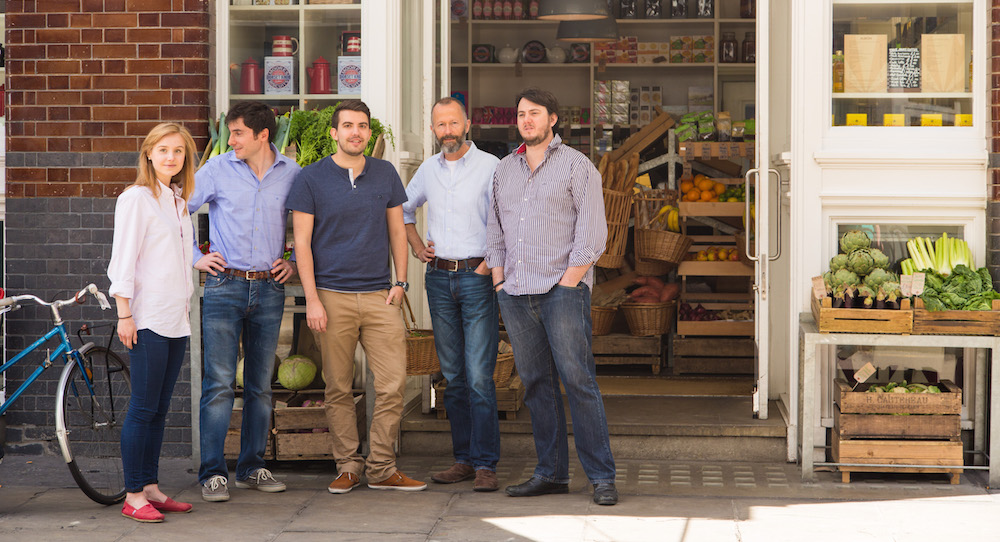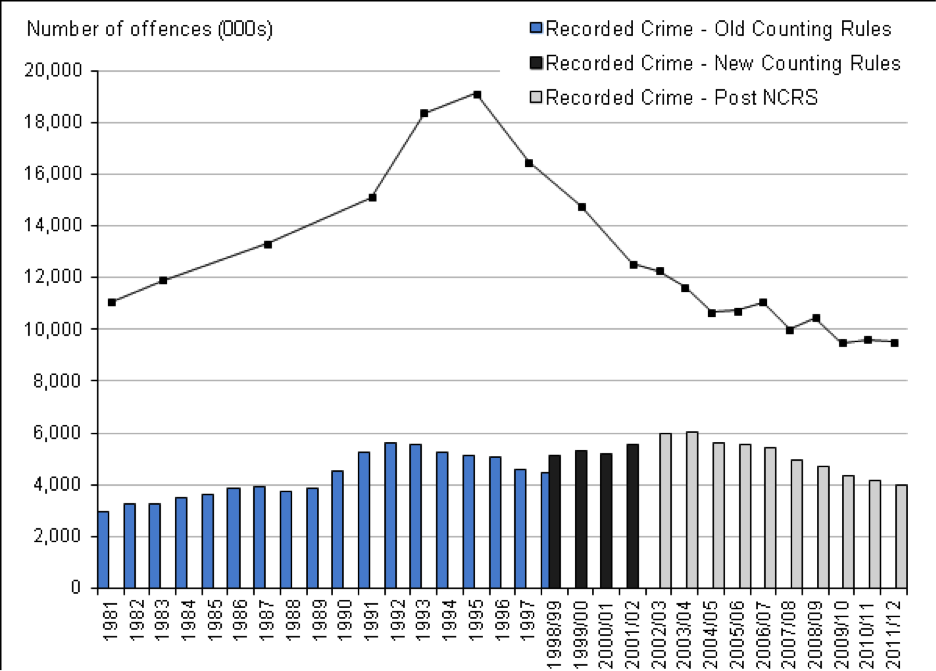10 Apr

Shopping locally means supporting your neighbourhood
You may not take much notice of the shops in your local community normally, but can you imagine if they weren’t there? It would not only mean you had to travel to do any shopping, it would mean the same for your neighbours. And in turn, this would mean a outflux from the area. Fewer people, fewer children – less need for a school, medical services and transport links. Less money historically comes with more crime, more vandalism and lower employment rates.
70p per £1 spent goes straight back to the community, compared to 10-20p in a large chain
So the money you spend are put to good use. They are used towards maintaining the premises, paying wages, sourcing and stocking products, suppliers and manufacturers. It is much the same for larger chains – but they have several middle-men in between who all take a cut – meaning less of the money go to the people behind the product. Smaller shops often buy straight from the supplier – and the only stakeholders are the shop and the producer. So you know where your money goes.
Shopping locally supports the economy
More local businesses mean more local jobs, and higher employment is linked to less crime, higher levels of happiness and life satisfaction and of course, higher average income. Having jobs available in an area makes it an attractive place to live – which translates into a growing population and in turn higher demand, more shops, more jobs and higher turnovers.
Thriving local businesses means jobs, income and vitality for an area
Busy shops means busy streets – which attracts more people to live in an area. And the more people who live there, the higher the demand and the need is for nurseries, schools, parks and transport links – i.e. more jobs, more opportunities and better economy.


